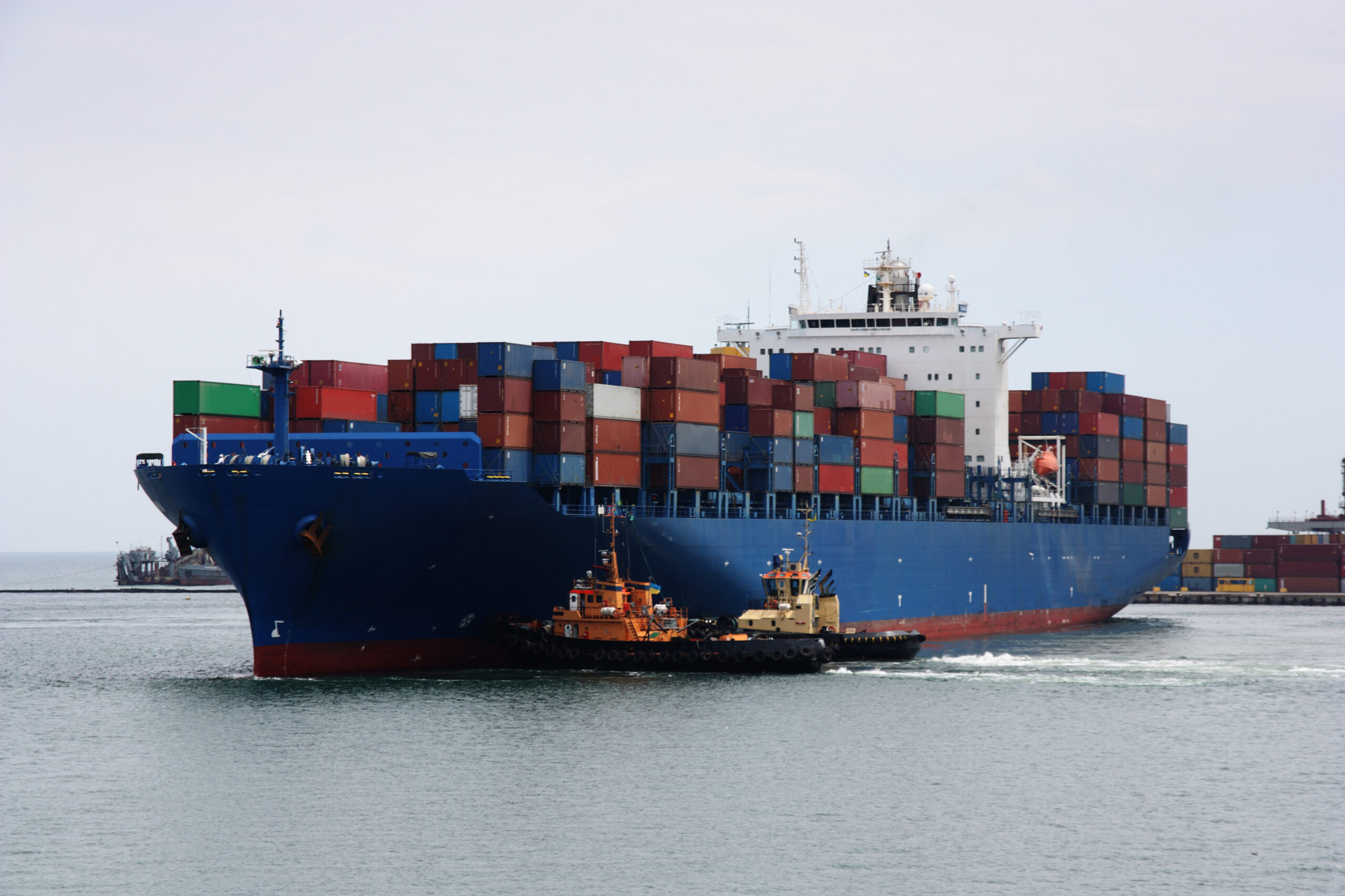The European Tugowners Association (ETA) has called on the European Commission to prevent cargo diversion from EU ports and carbon leakage.
ETA said the risk of cargo diversion as a result of the inclusion of shipping in the European Emissions Trading System (ETS) that is coming into force next January, is becoming a reality. This affects directly the competitiveness of European ports and all the supply chain related to these ports.
According to ETA´s statement, the association supports the inclusion of the shipping in the ETS but has already warned about the undesired effects that its implementation might cause in specific ports close to third states that are not covered by the European emissions legislation.
ETA has also stressed this in a joint press release with ESPO and FEPORT late last year.
The ETS covers 100% of emissions from intra-European Economic Area voyages (EU plus Norway, Iceland and Lichtenstein), 100% of emissions at berth in EEA ports, 50% of emissions from ships departing from a EEA port to a third party one or arriving to a EEA terminal from a port outside its jurisdiction.
“Thus, shipping companies could avoid costs derived from the ETS by changing the order of port calls, so the main part of the voyage is done between two non-EEA ports and reconfiguring the routes, making non-EEA terminals transhipment ports and thus, diverting much of the traffic that feeds the major European terminals.”
This issue is addressed by the ETS transhipment clause, which was introduced in the legislation in order to limit the risks of carbon leakage. This clause allows the EU authorities to disregard a stop in the identified terminal as a port call for the purposes of the ETS Directive, if the terminal is located less than 300 nautical miles from an EEA port, and if the share of transhipped containers exceeds 65% of its entire traffic.
“In line with this, ETA fully supports the inclusion of Tanger Med and East Port Said in the list of neighbouring container transhipment ports as they match the clause´s conditions and otherwise, these ports could gain a competitive advantage that would have a negative impact on European terminals,” the Association stated.
Moreover, ETA warned that there are already signs that indicate that this maritime traffic diversion is already taking place, not only at Tanger Med and East Port Said but also, in other ports neighbouring the EEA.
“ETA fully supports the concerns expressed by FEPORT in its press release of September. Furthermore, ETA strongly supports the call for the EC to constantly monitor the implementation of the ETS and its effects on cargo traffic, to act in order to impede the circumvention of the EU legislation and to stop carbon leakage and the loss of competitiveness of European terminals and ports, and of port services.”



